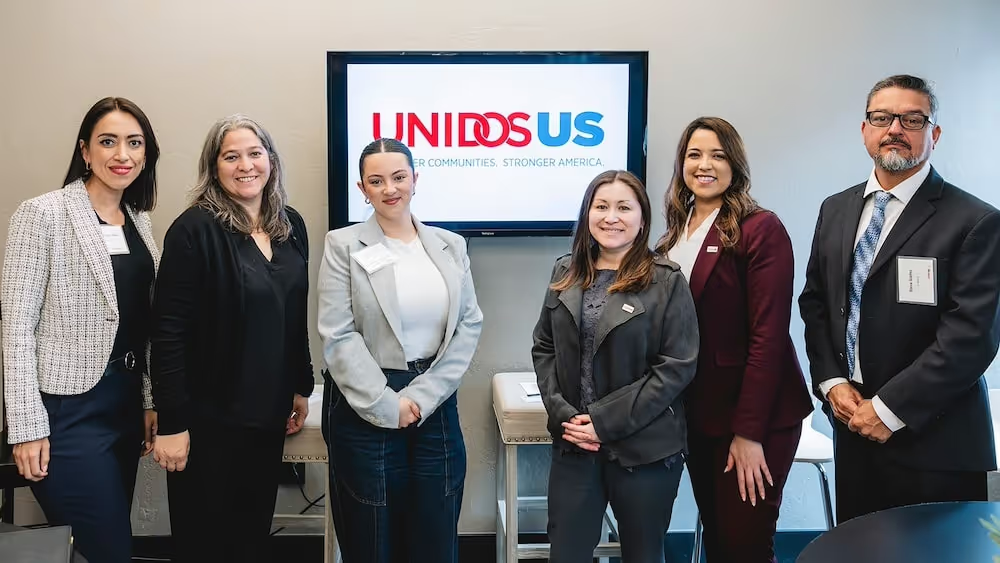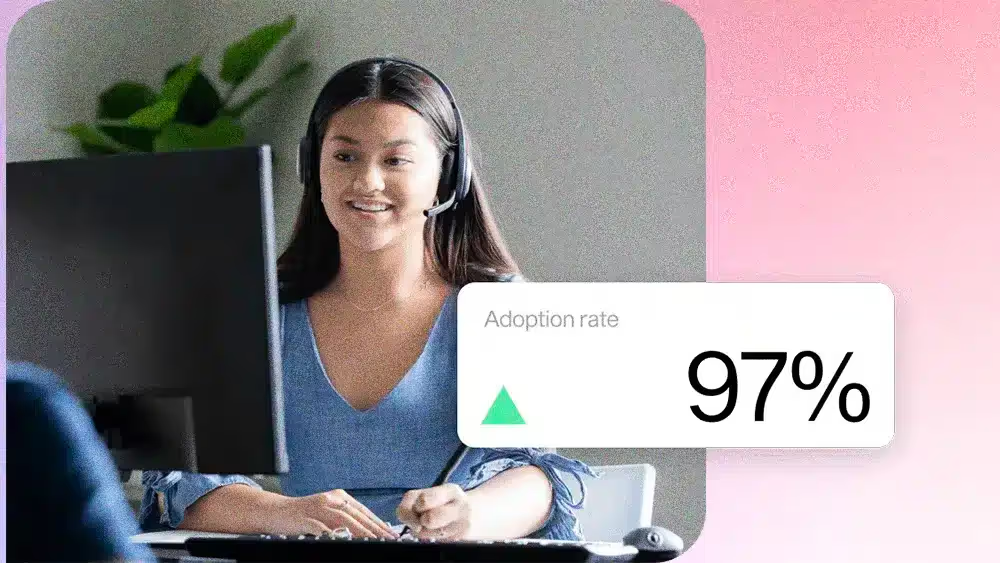
Source: unidosus.org
Report says Florida's Medicaid hotline fails Spanish speakers, despite $12M investment
Key points
- UnidosUS reports a multi-year operational breakdown in Florida's Medicaid hotline, affecting Spanish-speaking callers.
- Spanish speakers face an average wait time of 54 minutes, compared to 13 minutes for English speakers, with 45% of calls disconnected.
- Despite $12 million in funding, service for Spanish speakers remains inadequate, prompting calls for more bilingual staff.
Delivering equitable multilingual support at scale remains a persistent challenge for high-volume contact centers, and public perceptions of bad support can easily cross the line of political and cultural bias. A new report from UnidosUS found that Florida's Department of Children and Families (DCF) Medicaid hotline has had a multi-year operational breakdown in serving Spanish-speaking callers seeking vital healthcare assistance.
KPI chasm: The UnidosUS analysis, based on 348 test calls between September 2024 and February 2025, revealed dramatic disparities in core metrics. Spanish speakers faced an average wait time of 54 minutes, compared to just 13 minutes for English speakers, while a staggering 45% of Spanish-language calls were disconnected before reaching an agent—nine times the 5% rate for English calls.
Falling short: The figures stand in contrast to widely accepted contact center industry benchmarks, which typically recommend answering 80% of calls within 20 seconds and maintaining abandonment rates below 10%. Florida's Spanish-language service levels fall catastrophically short of these standards, indicating severe operational deficiencies.
Funding mismatch: This persistent failure comes despite Florida lawmakers allocating $12 million last year to improve the call center following earlier reports of poor performance. While wait times for English speakers improved significantly from 34 minutes reported in 2023, the experience for Spanish speakers remains deeply problematic, prompting calls for targeted solutions like hiring more bilingual staff. "Clearly, the money we advocated for last session to beef up call centers worked," UnidosUS Florida Director Jared Nordlund told the Florida Phoenix, adding, "This has worked really well for English speakers, so clearly there needs to be more work done to help Spanish speakers."
Operational implications: The vastly different outcomes suggest potential missteps in resource allocation, inadequate bilingual agent staffing or training, or ineffective call routing strategies for the Spanish-language queue. These failures directly impact access for a significant population, as the UnidosUS report notes over 480,000 Latino Medicaid enrollees in Florida have limited English proficiency.
Escalation and risk: Citing the ongoing disparities, UnidosUS announced in its April 2025 report that it plans to file a formal civil rights complaint with the U.S. Department of Health and Human Services. The escalation reflects a tangible operational and reputational risk for the state agency, stemming directly from its inability to provide equitable service access.



